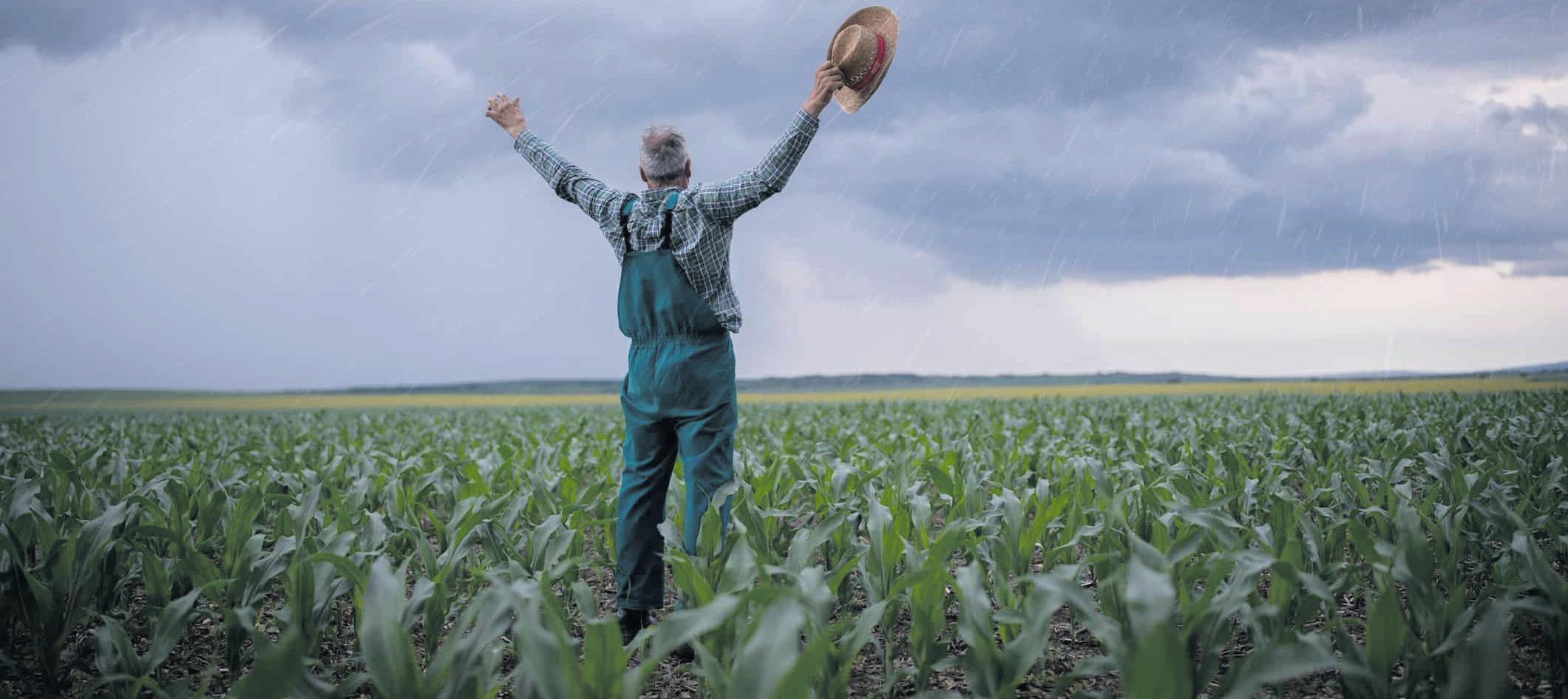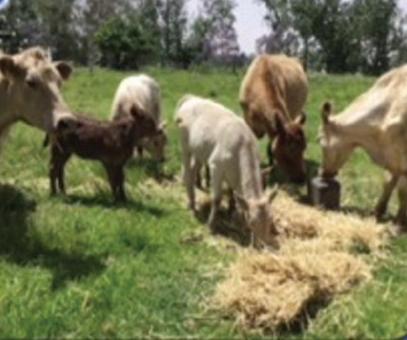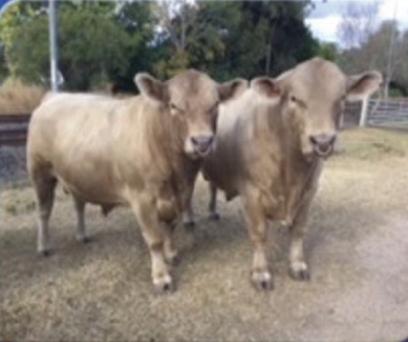
3 minute read
CELEBRATING SUCCESS ON INTERNATIONAL WOMEN’S DAY
Driven and passionate women from across the state were making a difference in their communities – both on and off the farm – NSW Farmers Vice President Rebecca Reardon said.
“Rural and remote communities are held together by women who love where they live and the way they work,” Mrs Reardon said.
“They’re small business owners and teachers, health workers and accountants, volunteers and highfyers who all play their part in making our communities better.
“Women have always played a crucial role in agriculture, handling a lot of business operations while also traditionally raising the family, and now they’re stepping up and taking on bigger challenges.”
The latest cohort of NSW Farmers Tertiary Scholarship recipients were all young women with big dreams of building their communities.
Imogen Wilkes-Bowes grew up on a sheep and cattle property near Naradhan in the Central West, and regularly returned to help on the farm in between her studies at the University of Sydney. Ms WilkesBowes said she was passionate about rural health and was studying to become a rural GP.
“I have chosen to pursue medicine because I believe the gap in healthcare outcomes between rural and metropolitan areas can be bridged by healthcare which focuses on prevention, education and support,” Ms Wilkes-Bowes said.
“I would encourage every young woman to dream big and pursue whatever they want to do in life – especially if it involves getting into science, technology, engineering and mathematics.
“There are still some unconscious biases in society about what boys and girls should do, but my parents encouraged us to follow our dreams and getting this has helped me to continue to pursue my goals.”
Other recipients of the 2022 NSW Farmers Tertiary Scholarships were studying agriculture business management, veterinary science, nursing, and physiotherapy.
Australia is forecast to reach another record-breaking year for winter crops, value of farm production and exports, following three consecutive years of exceptional growing conditions.
The 2022-23 ABARES Outlook, released today, reveals the gross value of production for agriculture, fsheries and forestry for 2022-23 is expected to reach $96 billion this fnancial year.
The Snapshot of Australian Agriculture 2023 shows that Australian broadacre and dairy farms received record farm cash incomes in the past two fnancial years.
Incomes for dairy farms are projected to increase by around 20 percent per farm over the next year.
Minister for Agriculture, Fisheries and Forestry Murray Watt welcomed the forecast.
“Some states have produced their biggest winter crops on record and these results have provided a huge boost to our farmers and our agriculture industry as a whole,” Minister Watt said.
“The rain this season has been a tale of two extremes; with the heavy rainfall causing some crops to thrive, while wiping others out.
“I know the rains have been incredibly diffcult for many food-impacted communities, including farmers who are still rebuilding, and the Albanese Government continues to stand with those communities.
“For those experiencing prime conditions, record levels of production, driven by exceptional growing conditions and high commodity prices will put them in good stead to prepare for the future.
“Despite the strong forecast, we can’t be complacent and need to ensure the sector is as prepared as possible to handle the inevitable dry times that lay ahead.
“This year we can expect to see drier seasonal conditions going forward and we’ll also likely see an easing in the record high commodity prices we’ve been enjoying for the last few years.
“The Albanese Government is committed to working with farmers and industry in good times and tough ones too.”

Farming Industry Overcomes Floods To Reach New Production High

The National Farmers’ Federation (NFF) has welcomed the record $90 billion output announced today, putting the industry’s $100 billion target within reach.

NFF Vice President David Jochinke acknowledged the hard-won result, citing extensive crop losses due to fooding, damaged roads, and a wet harvest that stretched well into the New Year. “This confrms yet again what we’ve been saying for years: that farming is a sustainable growth engine for Australia,” said Mr Jochinke.
“We’ve added over $30 billion in output in the past 5 years, making farming one of the most exciting growth stories in an economy that’s littered with challenges.” The NFF is now calling on the Government to safeguard the industry’s growth, particularly in light of climate forecasts suggesting a reversal in coming years.




“We need to be thinking about how we respond in these leaner years to issues like record production costs which are already placing pressure on farmers’ bottom lines,” said Mr Jochinke.
“Now is the time for government to pull out all stops to support the industry’s growth. Government needs to put its shoulder to the wheel and resolve challenges like workforce shortages and biosecurity funding to safeguard that growth.”
The NFF is also urging the Government to reconsider policies that could reduce output, such as phasing out live sheep exports or recommencing water buybacks.
“If you want a strong economy, you have to back winners – and today’s results show that agriculture can deliver the goods,” said Mr Jochinke. “With seasons turning and that $100 billion goal almost within reach, we need to be backing farmers, not pulling policy levers that will reduce output.”














